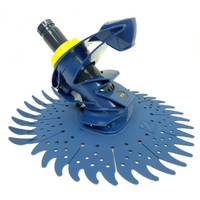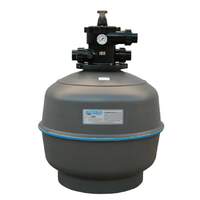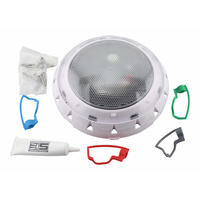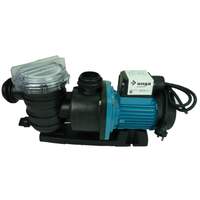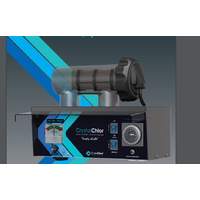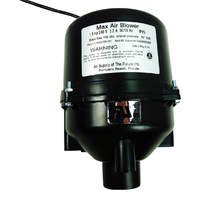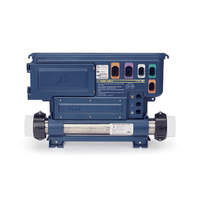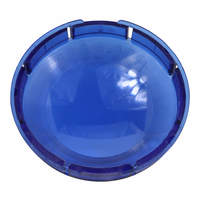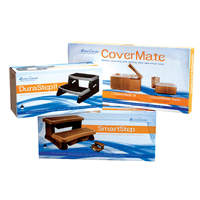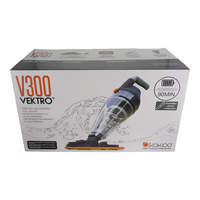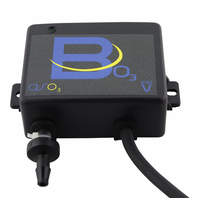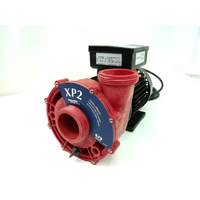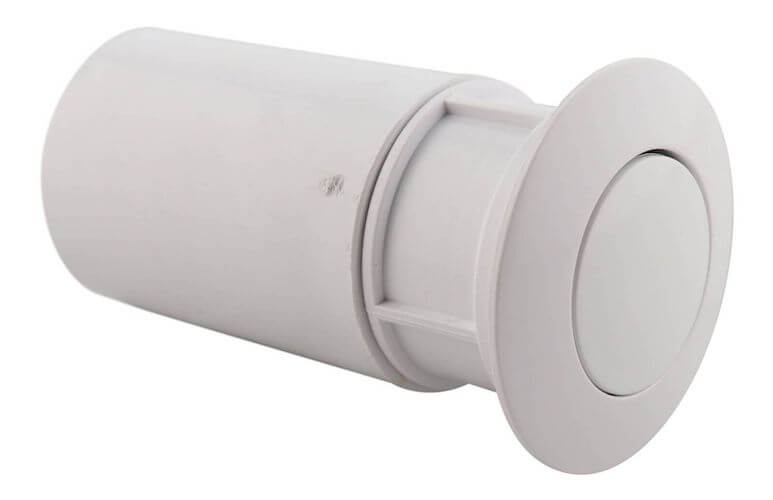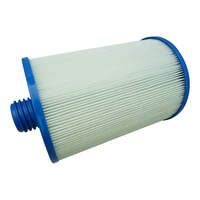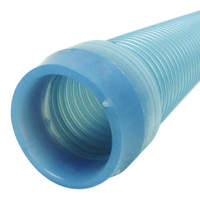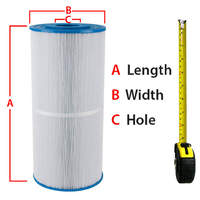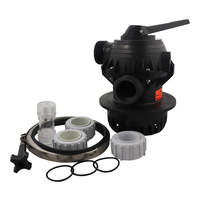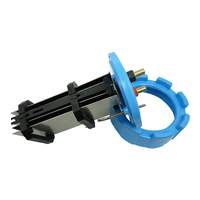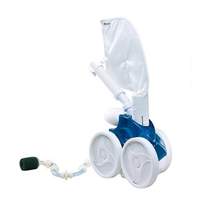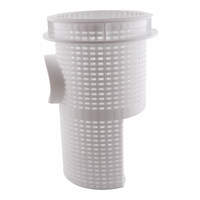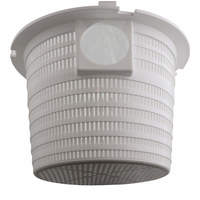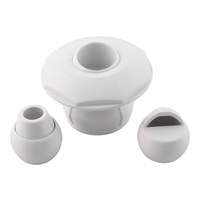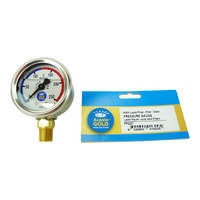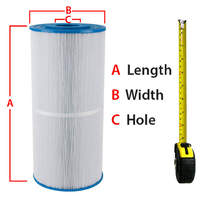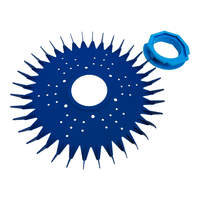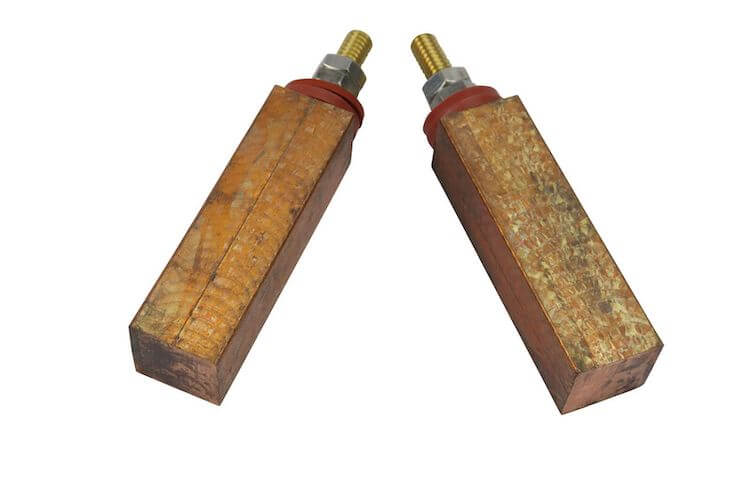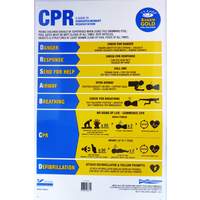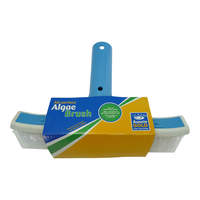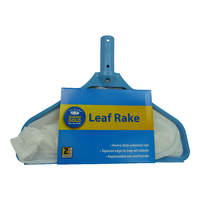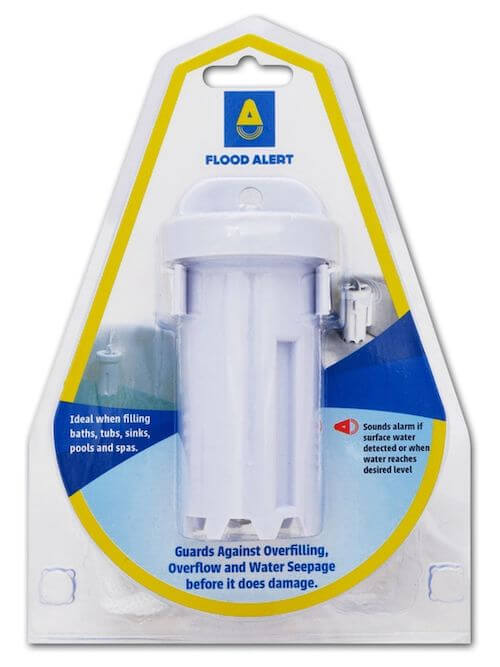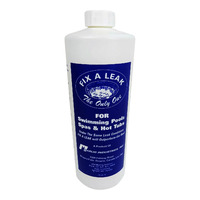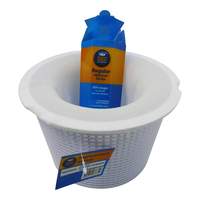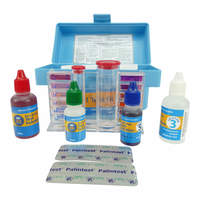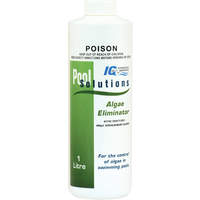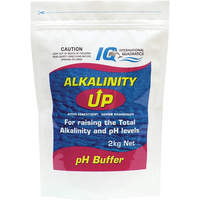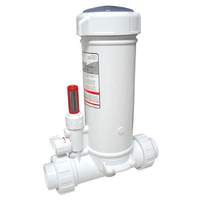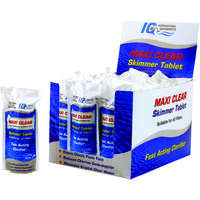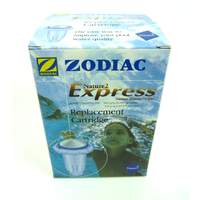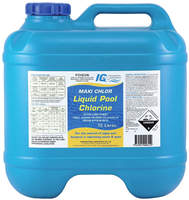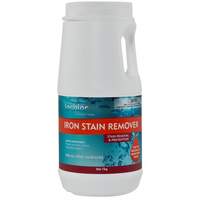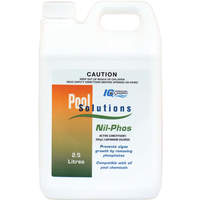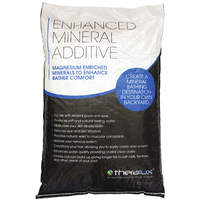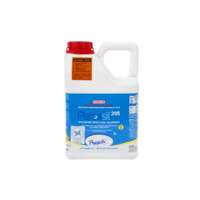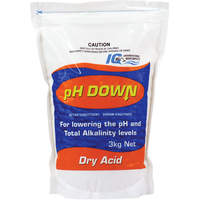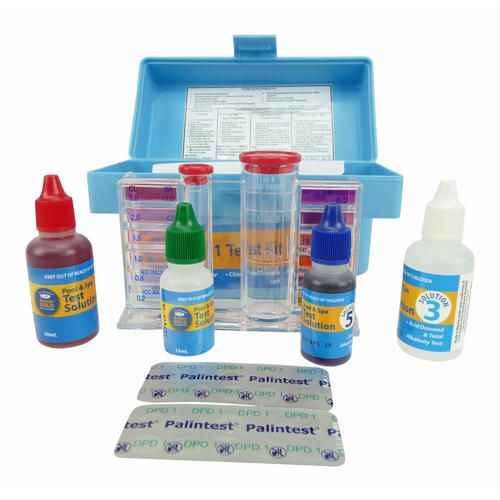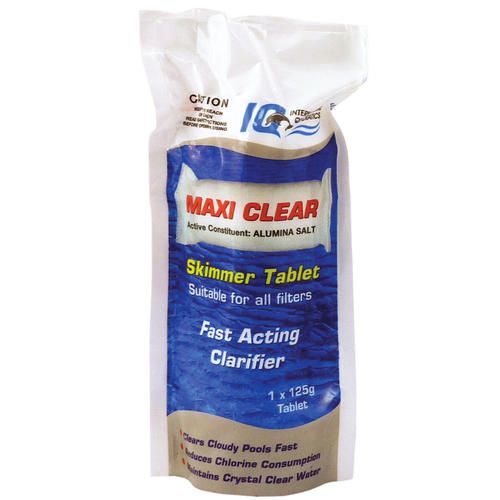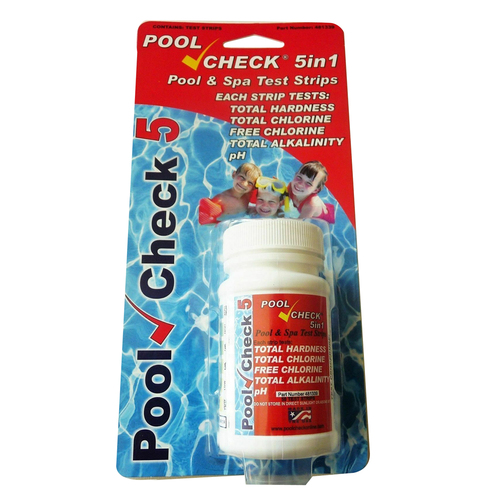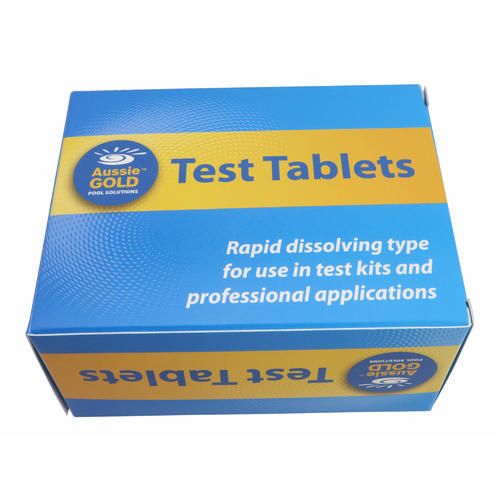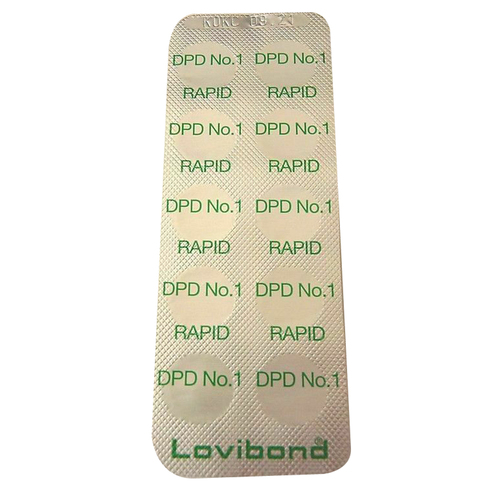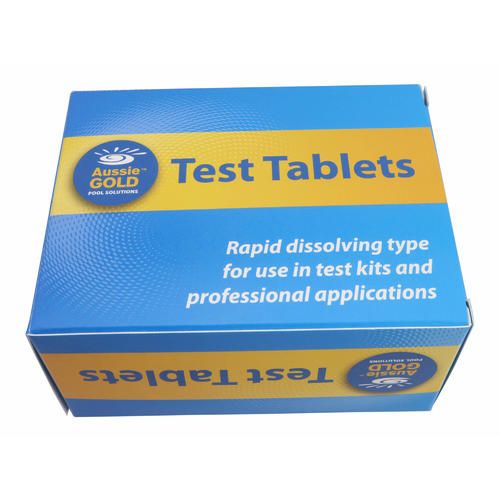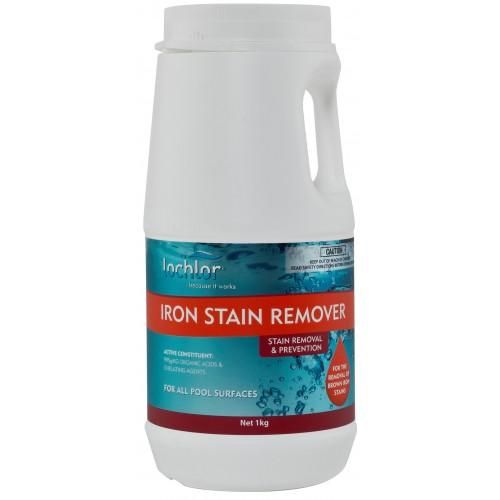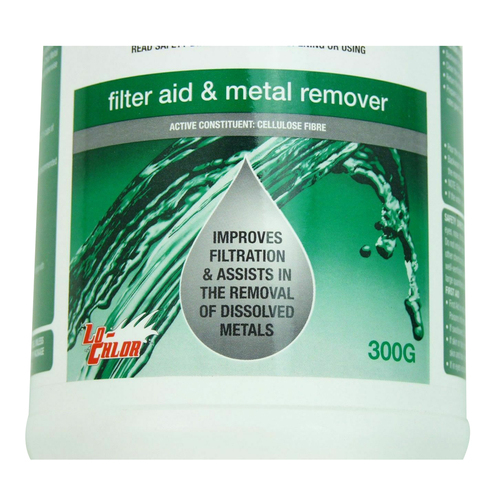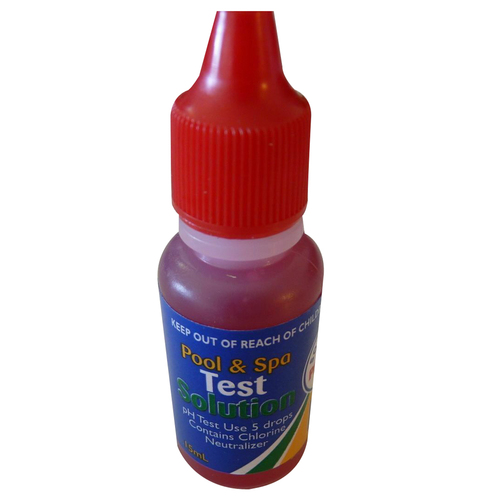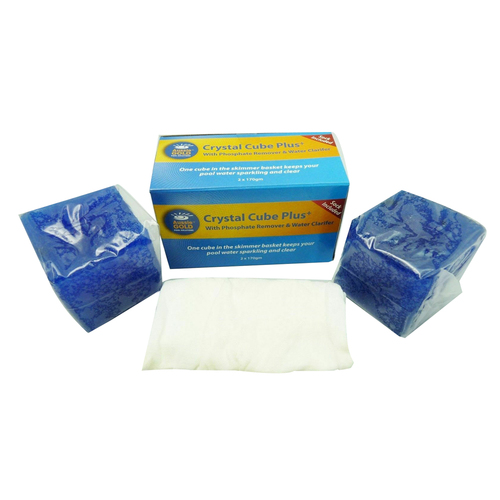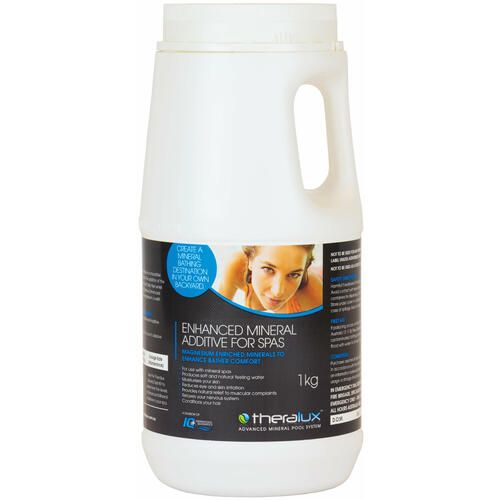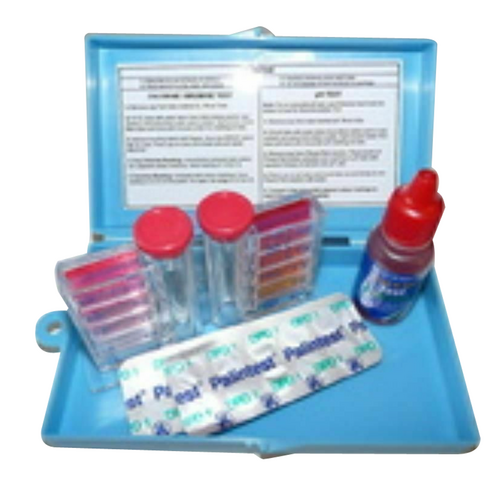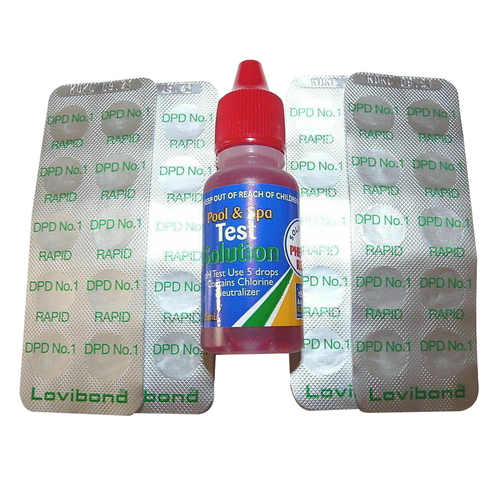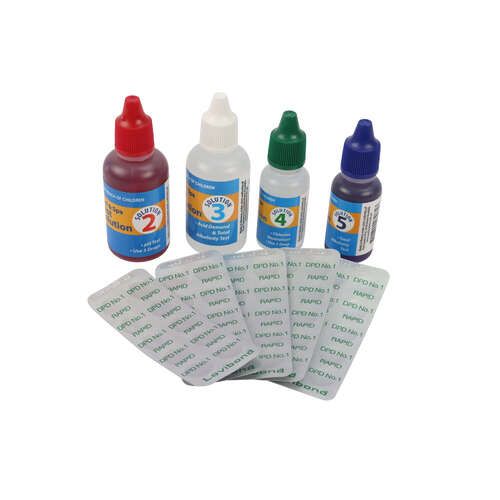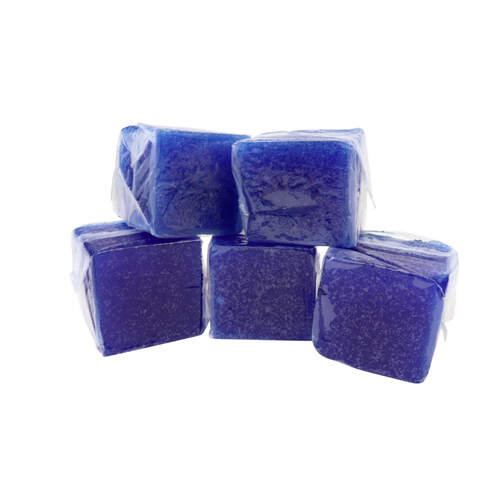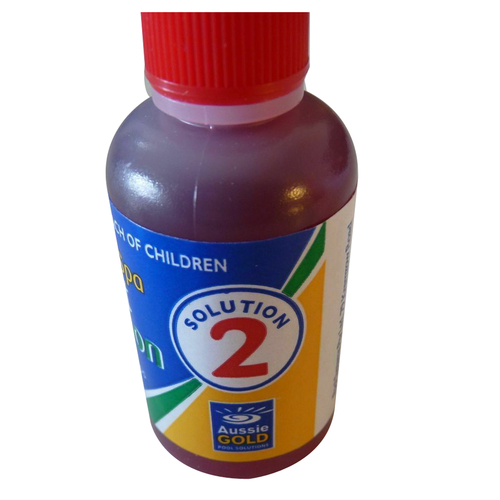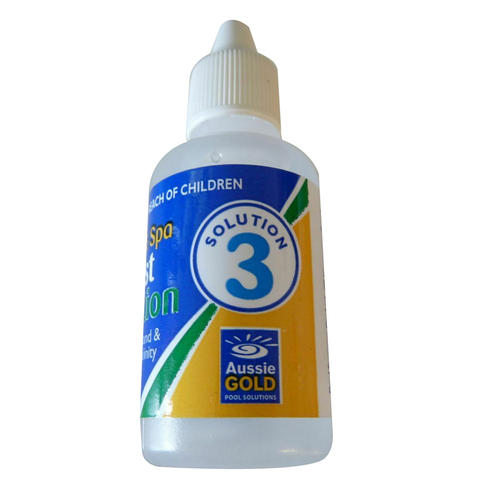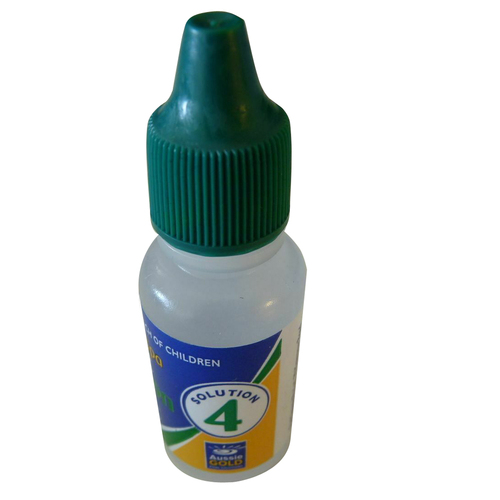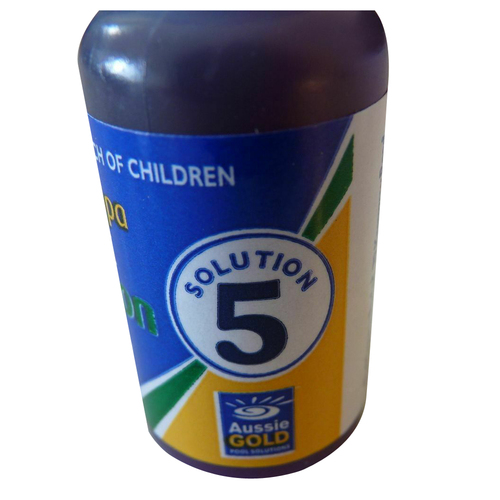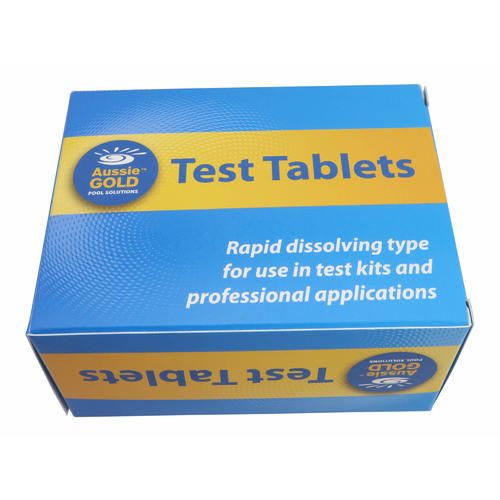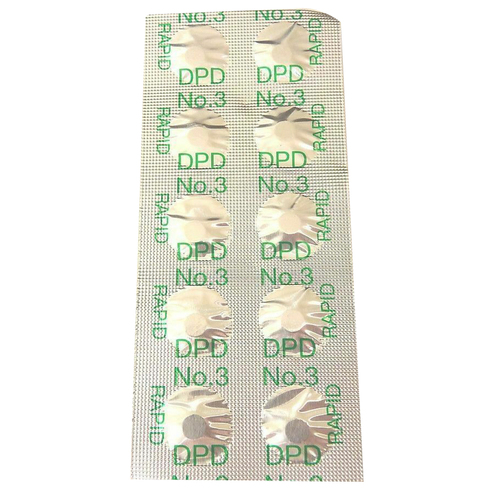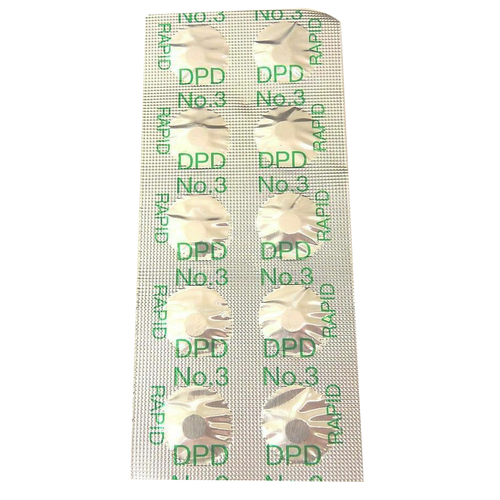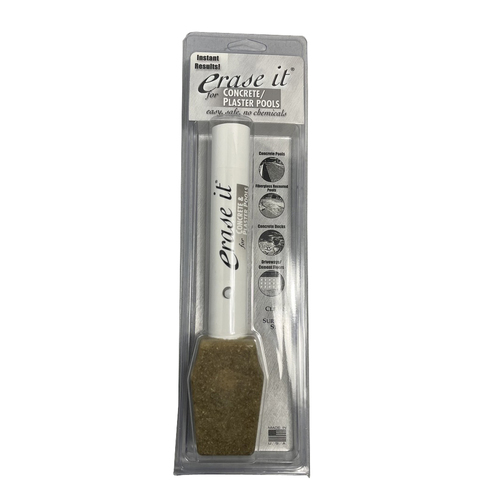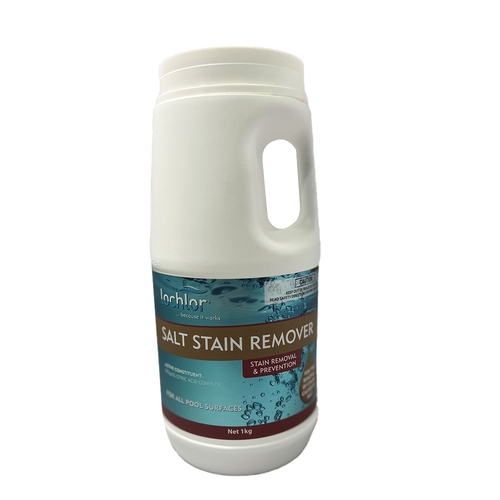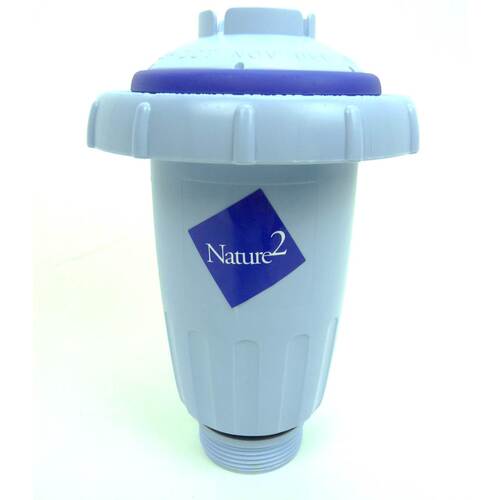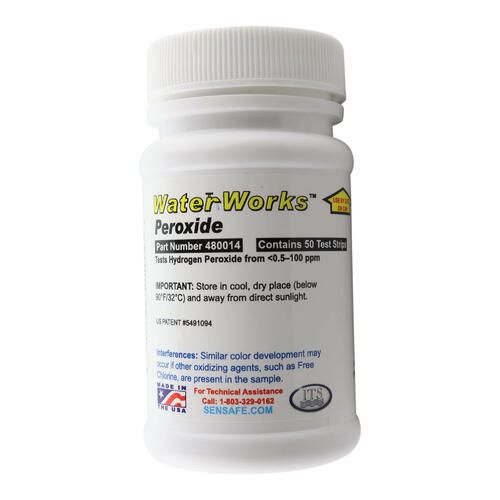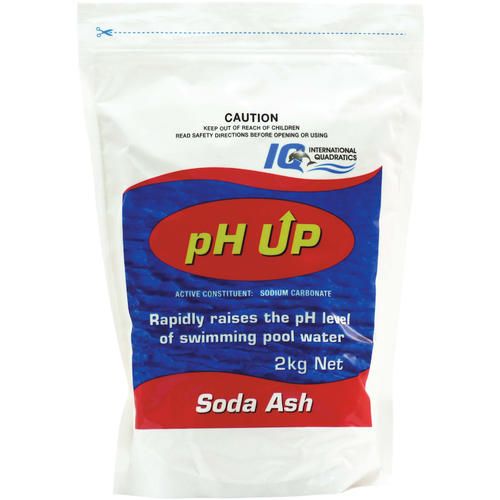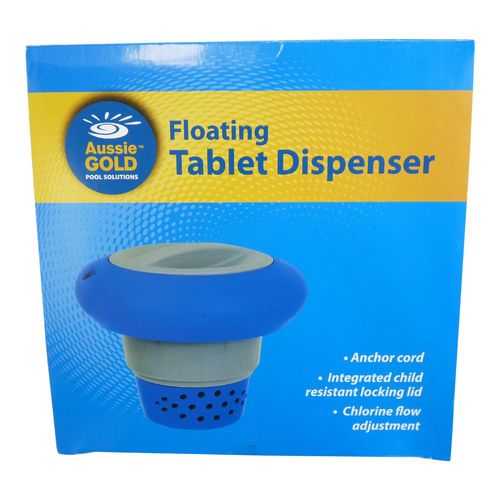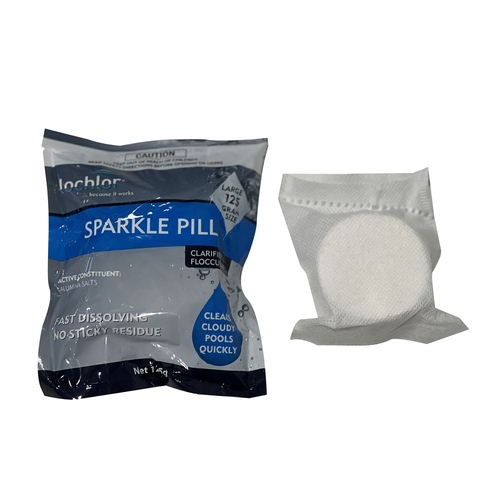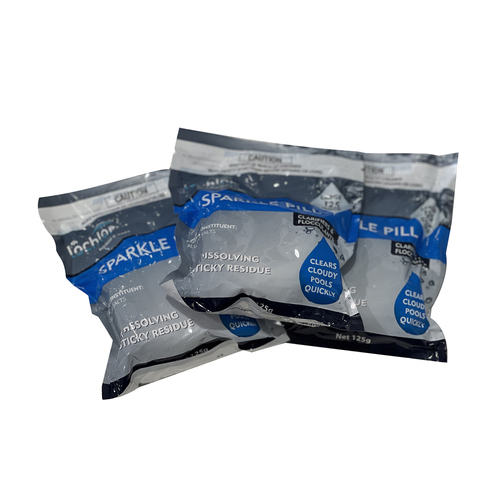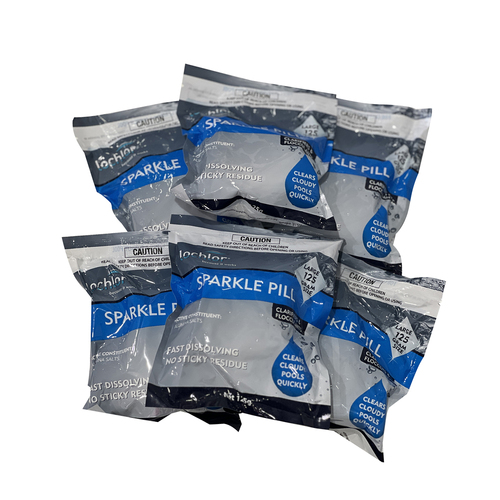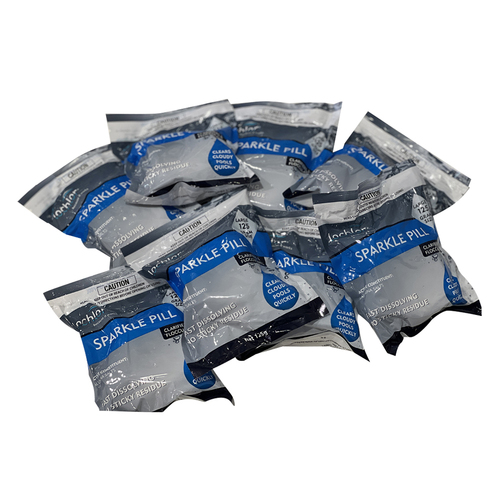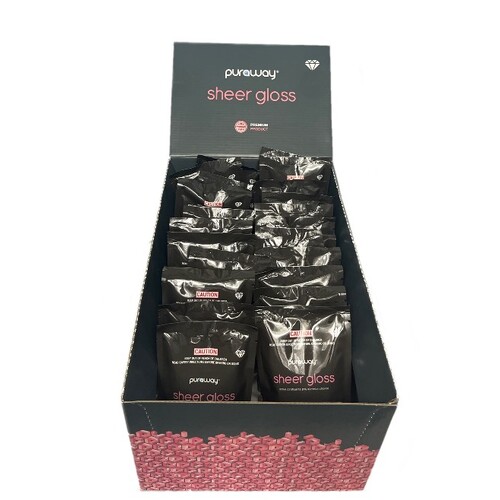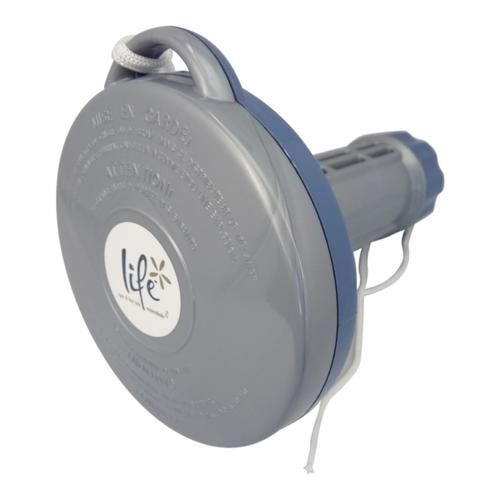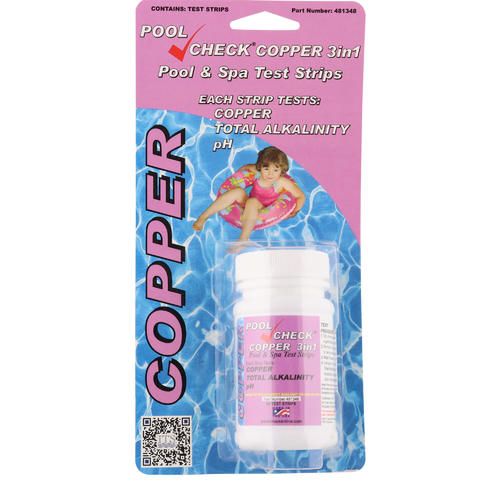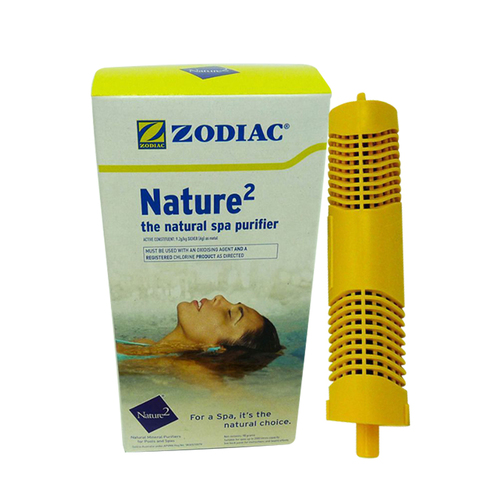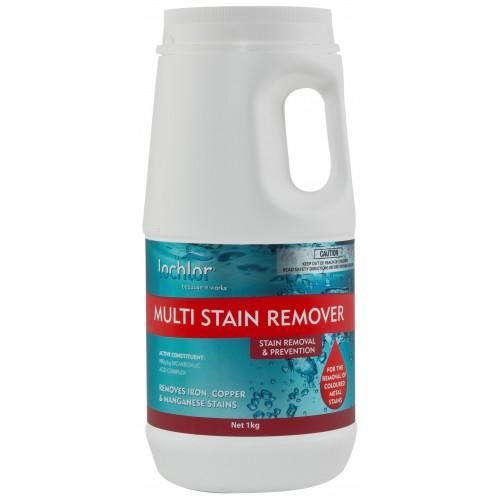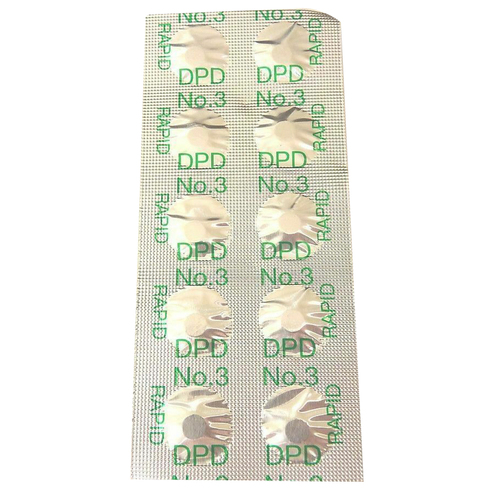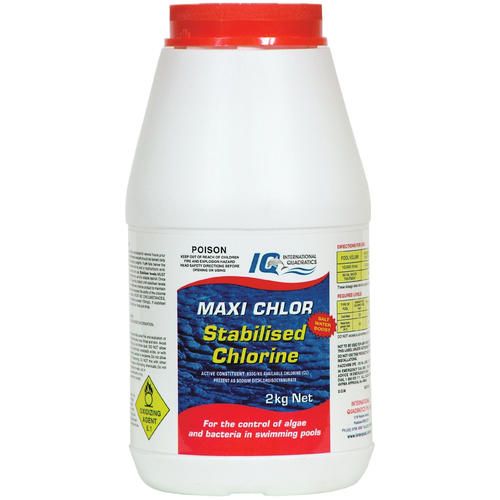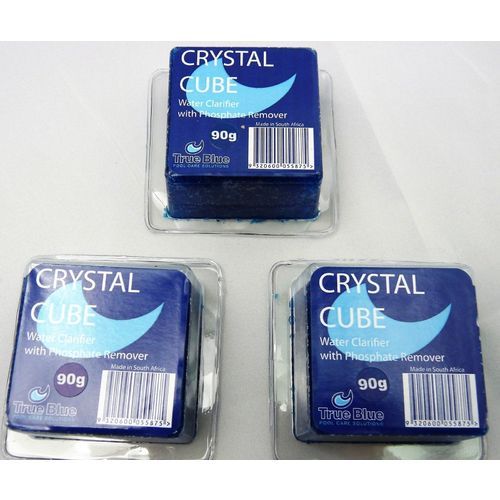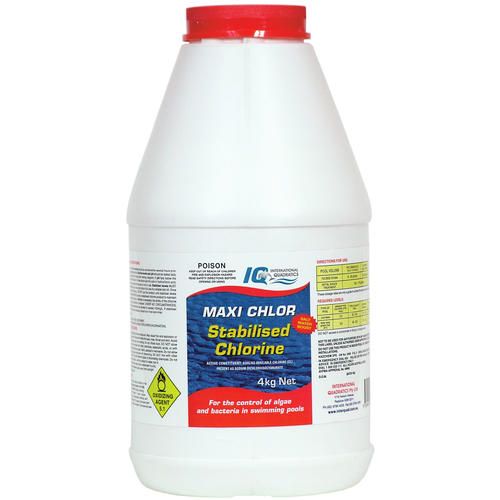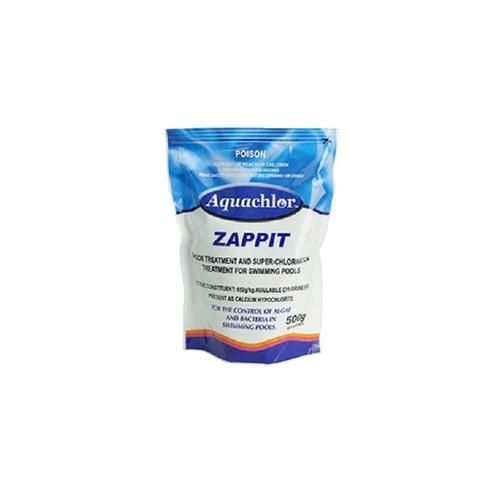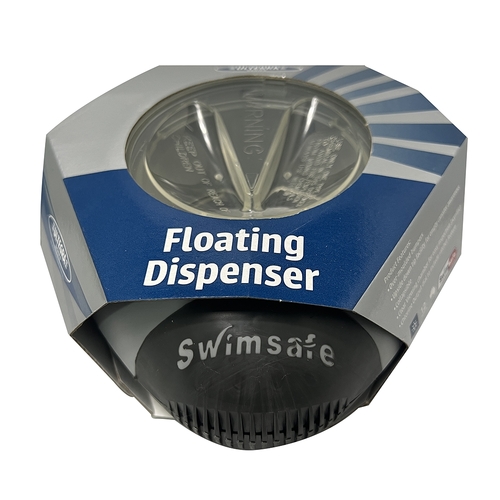No matter what you need to get started, Aquaneo stocks pool chemicals and supplies for any fresh or salt water swimming pool. Our selection of ph reducers, pool salt and minerals, sun blocks, maintenance products and accessories includes the leading brands in pool care. Aquaneo also supplies algecides and chlorine reduction chemicals that protect your pool from algae which can leave unsightly stains behind on pool surfaces and fittings, sanitisers; which are used to treat recreational water including spas/hot tubs, and phosphates agents that will prevent scale build up on pool plaster. We supply all the pool chemicals and testing equipment you will ever need, as well as advice and support on how to use them effectively.
Chemicals & Testing
Filter By Water Test
-
Filter By Category
- Accessories & Maintenance (4)
- Pool Accessories (4)
- Chemicals & Testing (72)
- Algaecides (3)
- Chlorine Feeders (5)
- Clarifiers and Flocculents (11)
- pH Reducers (1)
- Phosphate Remover Starver (1)
- Pool pH Buffer Chemicals (1)
- Pool Salt and Minerals (2)
- Sanitisers (9)
- Spa Chemicals (4)
- Stain Removers (8)
- Test Kits (24)
- Zodiac Nature 2 Pool and Spa (3)
- Pool Equipment (2)
- Pool Chlorinators (2)
- Spa Supplies (1)
- Spa Accessories (1)
-
Filter By Stock
Filter By Brand
Keeping your pool and spa water sparkling clean, safe, and perfectly balanced is easier than you think – with the right tools and knowledge. Welcome to Aquaneo’s Pool & Spa Chemicals and Water Testing hub, where we offer all the products and expert advice you need to maintain healthy water. On this page, you’ll find a complete guide to testing your water, choosing the best sanitisers (like chlorine or chlorine-free alternatives) for your pool or spa, and using balancing chemicals to protect your equipment and loved ones. Dive in to learn how to achieve pristine water quality, and browse our extensive range of products – available for fast delivery or convenient click-and-collect.
Important Notice: Click & Collect Only Products – Handling Dangerous Goods Safely
Certain pool and spa chemicals, such as liquid chlorine, hydrochloric acid, highly concentrated oxidizers, and other reactive substances, are classified as Dangerous Goods in Australia. Due to strict transport and courier regulations, these chemicals cannot be shipped directly to your address through standard delivery methods.
To ensure your safety, comply with government regulations, and maintain the highest safety standards, we've clearly labeled restricted products as Click & Collect Only on their individual product pages. When shopping our site, you'll see a noticeable "Click & Collect Only" badge displayed on these restricted items, clearly informing you which products must be picked up directly from our store location.
Why Can’t Dangerous Goods be Shipped?
Pool and spa chemicals classified as dangerous goods pose risks during transportation, including:
- Risk of spillage and chemical reactions during transit.
- Potential hazard to courier and postal service employees.
- Regulatory restrictions enforced by Australian safety authorities.
These stringent guidelines are implemented to safeguard everyone involved in handling and shipping processes.
How Does Click & Collect Work for Dangerous Goods?
Fortunately, our Click & Collect service provides a convenient solution:
- Order Online:
Shop our extensive range of pool and spa chemicals through our website and look for clearly marked products labeled as "Click & Collect Only."
- Choose Your Pickup Location:
Aquaneo Pty Ltd
Unit 2, 179-181 First Avenue, Bongaree, QLD 4507, Australia
Phone: 1300 279 502 | Mobile: 0427 771 304
Email: info@aquaneo.com.au
- Quick Order Preparation:
Once you place your order, we prepare it quickly, usually within just a couple of hours. You will receive a notification when your order is ready to be picked up.
- Collect Your Chemicals Safely In-store:
Pick up your items in a safe, secure, and compliant manner directly from our Bongaree store location.
Benefits of Click & Collect for Dangerous Goods:
- Immediate Availability: Get essential pool and spa chemicals without delays, often within just a few hours.
- Safety First: Complies fully with dangerous goods regulations, ensuring safety for everyone.
- Expert Advice In-Person: When you collect your chemicals, our team can answer questions, provide usage instructions, and offer personalised advice on handling and safety precautions.
- Cost Efficiency: Avoid hazardous shipping fees and surcharges typically associated with dangerous goods.
How Do I Know If a Product Is Click & Collect Only?
Products restricted to Click & Collect are clearly labelled on our website. You'll see a distinct, noticeable badge or disclaimer stating "Click & Collect Only" right on the product page and throughout the checkout process.
If you're unsure about the status of a specific product, please call us directly at 1300 279 502 or email us at info@aquaneo.com.au, and our team will be happy to assist you.
Important Safety Reminder for Transporting Pool Chemicals:
When picking up your order, always transport chemicals securely:
- Keep products upright and sealed.
- Transport them separately from food or drink items.
- Immediately store chemicals safely upon returning home (cool, dry, ventilated area away from children and pets).
At Aquaneo, we prioritize your safety and convenience, ensuring you understand exactly which products must be collected in-store and providing all necessary guidelines for safe handling and storage at home. If you have any further questions about our Click & Collect policy or chemical safety, please contact our friendly team—we’re here to help!
Why Balanced Water is Critical
If you’ve ever felt burning eyes or noticed cloudy water in a pool, you’ve experienced what unbalanced water can do. Proper water chemistry isn’t just about appearance – it’s about safety and longevity. Harmful microorganisms can thrive in poorly treated water, causing skin and ear infections or worse. In fact, poorly balanced pools have been linked to serious illnesses in the past due to bacteria and parasites. On the flip side, water that’s too harsh (over-chlorinated or very high in calcium) can damage pool surfaces and equipment.
The good news: By regularly testing your water and adding the right chemicals, you can prevent algae blooms, eliminate dangerous bacteria, and avoid equipment corrosion. The result? Water that’s crystal-clear, healthy to swim in, and gentle on skin, plus pool/spa hardware that lasts longer.
Testing Your Pool/Spa Water Like a Pro
Regular testing is the foundation of any pool or spa maintenance routine. It’s impossible to balance your water’s pH, chlorine, and other levels if you don’t know where they currently stand. That’s where water testing kits come in. We recommend testing at least once per week, and even more frequently during peak use (e.g., hot summer weeks or when your spa is getting daily use) and after heavy rain or refills. Rain and top-ups can dilute or alter your water chemistry, so quick checks ensure you catch any imbalances early.
Types of Water Testing Kits
Not all test kits are the same – each type has its advantages. Here’s a quick rundown of the main forms of pool/spa testing kits and what they offer:
- Test Strips: The easiest and fastest method. These are small strips with reactive pads that change color when dipped in water. In seconds, you get readings for key parameters like Free Chlorine, Total Chlorine/Bromine, pH, Total Alkalinity, Cyanuric Acid (stabiliser) and sometimes Total Hardness. How to use: Just dip a strip about 15 cm under water for a few seconds, pull it out, and match the colours to the chart on the bottle. Strips are fantastic for quick routine checks – for example, doing a daily or every-other-day check of a spa, or a mid-week pool test to ensure nothing is wildly off.
Pros: Ultra-fast, simple, no cleanup. Cons: Less precision – colours can be a bit subjective to read, and they might not detect more nuanced imbalances. We carry multi-purpose test strips that cover up to 7 parameters at once for convenience.
- Liquid Reagent Test Kits (Drop Kits): The traditional testing method pool owners have trusted for decades. These kits come with small bottles of reagent liquids and/or tablets (like DPD tablets for chlorine testing). You collect a water sample in the provided vials and add specific drops or a tablet which cause a colour change. For instance, add OTO or DPD drops to measure chlorine (turns the sample yellow/red which you compare to a scale), and phenol red to test pH (turns red/orange). Some kits cover Total Alkalinity and Acid Demand tests as well by adding different reagents in sequence.
Pros: More accurate than strips since you get a clearer colour comparison and the ability to measure ranges more precisely. They are better at detecting small changes, which is why many enthusiasts and professionals prefer them. Cons: Takes a bit longer and you need a steady hand and good lighting to read results. Also, you’ll need to replace reagents/tablets when they run out (we sell refill reagents separately so you can keep your kit up-to-date).
Pro Tip: Use a drop-based kit weekly for accuracy, but use test strips in between for quick monitoring. This combo gives you the best of both – convenience and precision.
- Digital Testers (Photometers and Electronic Kits): Welcome to the high-tech way of water testing. Digital pool testers, including photometer kits, use electronic sensors or optical readers to analyze your water sample. Some photometers have you add reagents to a sample, then the device “reads” the colour electronically (no more guessing if it’s light pink or dark pink – it gives you a number!). Others are electronic pens or meters that you dip in water to get instant digital readouts for things like pH, ORP (oxidation-reduction potential), salt levels, etc.
Pros: Highest accuracy and removes human error in colour matching. Photometers can measure down to very precise levels and are even used in commercial pools that require stringent logs. If you’re a data-lover or have a large/premium pool, these can be a great investment. Some digital testers even sync with apps to track your pool chemistry over time. Cons: They are the most expensive option upfront, and some require calibration or care (replacing sensor probes after a while, etc.). Also, electronic devices can occasionally malfunction or need battery changes, so keep that in mind.
In our store, you’ll find Testing Kits & Strips section. Not sure which to choose? Feel free to contact our pool experts – we’re happy to help you find the right fit (we even offer free in-store water testing if you want a second opinion).
How to Interpret Test Results
When you test your water, you’ll typically be looking at these key parameters:
- Chlorine or Bromine: This is your sanitizer level. For a pool, free chlorine should usually be in the range of 1-3 ppm (parts per million). Spas can use chlorine or bromine; bromine levels are often kept around 3-5 ppm. Too low and you risk bacteria/algae; too high and water can cause irritation.
- pH: Ideal range is 7.2 to 7.6. This is slightly alkaline, which is comfortable for eyes/skin and prevents corrosion or scale. If pH is below 7.0, the water is acidic (add a pH Increaser). If above 7.8, water is too basic (add a pH Decreaser).
- Total Alkalinity (TA): The buffer for pH. Aim for 80-120 ppm. If TA is low, pH can swing wildly; if high, pH will tend to drift up and can cause scale. Use an alkalinity increaser or decreaser as needed.
- Calcium Hardness: Measures how “hard” or “soft” your water is (minerals content). For pools, ~200-300 ppm is a typical target; spas around 150-250 ppm. Low hardness (soft water) can corrode plaster, metal, etc., so you’d add a Calcium Hardness Increaser to raise it. High hardness can cause scaling (white chalky deposits); in that case, partial draining or use of a sequestering agent can help.
- Stabilizer (Cyanuric Acid): Only for outdoor pools using chlorine. Ideal 30-50 ppm. This protects chlorine from UV breakdown. Too little and your chlorine dissipates fast; too much (over ~100) and it can actually reduce chlorine’s effectiveness, leading to “chlorine lock”.
Each of our test kits will include charts or instructions for ideal ranges. We also have a handy blog post on “Pool Water Chemistry 101” (link to a guide) if you want to dive deeper.
Pool & Spa Sanitisers – Keeping Water Safe
Once you know your levels from testing, the next step is sanitising – i.e., adding chemicals to kill germs and keep the water healthy. The primary sanitiser for most pools is chlorine, and for spas it’s often chlorine or bromine or even chlorine-free systems like peroxide. Here, we’ll overview your options:
Chlorine-Based Sanitisers (for Pools & Spas)
Chlorine is king for a reason: it’s highly effective at destroying bacteria, viruses, and algae, ensuring your water is hygienic and crystal clear. We carry chlorine in different forms:
- Granular Chlorine: A powder you can dose manually. Great for daily or weekly adjustments. For spas, we have special spa chlorine granules that dissolve quickly in warm water. Remember to pre-dissolve granules in a bucket of water before adding to your pool/spa to avoid any hot spots of chemical.
- Chlorine Tablets: Typically stabilized chlorine (contains cyanuric acid) for slow-release sanitation. These are placed in floaters or automatic chlorinators. They’re ideal for continuous chlorination especially in pools – not used in spas (tablets dissolve too slowly at spa temperatures and can over-stabilize a small volume of water).
- Liquid Chlorine: Common for larger pools – we offer it in store (due to shipping regulations, liquid chlorine may be pickup only as it’s considered a dangerous good). It’s basically ready-to-use chlorine bleach for pools. In spas, a different liquid called Liquid Lithium Hypochlorite is sometimes used – it’s a chlorine solution that’s very easy to apply for quick boosts.
Chlorine works best when your pH and other levels are in range, so always adjust those if needed (high pH, for example, can make chlorine less effective). Aim to add chlorine in the evening for pools (sunlight breaks it down during the day) and run your pump to circulate it well.
Bromine (Common for Spas)
Bromine is similar to chlorine in its germ-killing abilities but is often preferred in hot water environments like spas and hot tubs. Why? It remains effective at higher temperatures and doesn’t have a strong smell like chlorine can. Bromine comes in tablets that you use in a floater or cartridge feeder in your spa. If you have a bromine spa, make sure to not mix chlorine and bromine – stick to one system. We stock bromine tablets and granules under our Spa Chemicals section.
Chlorine-Free Sanitiser Systems
If you or your family have sensitive skin, asthma, or simply want to avoid the smell of chlorine, there are modern chlorine-free sanitiser options that keep water clean with alternative oxidizers:
- Hydrogen Peroxide (PeroxySan / Poppits): A powerful oxidiser used in some spa systems. When used in high concentrations (far above the 3% first-aid peroxide at home), it can sanitize water effectively without chlorine or bromine. For example, Poppits Spa Sanitiser is a popular peroxide-based solution that’s gentle – it’s often recommended for users with asthma or eczema since it’s chlorine-free. Peroxide systems typically require an activator or silver ions alongside to meet health department standards, which we also provide in the kits.
- Ozone + UV Systems: While not chemicals you add manually, some spas have ozonators or UV sanitizers built in. These significantly reduce the amount of chlorine/bromine needed. If your spa has one, you’ll still occasionally need to shock or add a bit of sanitiser, but far less. (We have ozone cartridges and UV bulbs in Spa Accessories if you need replacements.)
- Mineral Sanitisers: Products like Nature2 or Frog use minerals (silver, copper) in cartridges that inhibit bacteria and algae. They are used in conjunction with low levels of chlorine or bromine (you can’t go completely chemical-free, but you use much less). We carry mineral sanitiser sticks that you can drop into your filter or skimmer.
Which sanitiser is best for you? It depends on your pool/spa type, usage, and personal preference. Chlorine is generally cheapest and very effective for pools. Bromine is great for spas (especially if you don’t use the spa for a period, bromine tabs keep working steadily). Peroxide or mineral systems are fantastic for those with sensitivities or those who want to minimize traditional chemicals. We’ve written a detailed comparison in our article “What is the Best Spa Sanitiser for You?” – check it out for a deeper dive on chlorine vs. chlorine-free systems. And as always, our team is here to help with personalized advice – just ask!
Shocking (Oxidising) Your Water
Even with daily or weekly sanitiser added, it’s important to “shock” your pool or spa occasionally. Shocking means adding a large dose of oxidiser to burn off chloramines (combined chlorine that causes odor and irritation) or bromamines, and any organic contaminants (like oils, sweat, etc.). Chlorine-based shocks or non-chlorine shock (potassium monopersulfate) are available. Typically, once every 1-2 weeks is recommended, or after heavy use (that big pool party or after half a dozen kids used the spa). Shocking your water will restore clarity and reset your sanitiser’s effectiveness. We have both Chlorine Shock and Chlorine-Free Oxidiser in our range (the latter is great for spas or indoor pools where you don’t want any chlorine smell). Always follow label instructions and keep the area ventilated when shocking.
Balancers and Specialty Chemicals
Sanitiser is just one part of water care. Balancer chemicals adjust your water’s pH, alkalinity, and hardness to the ideal ranges. If testing shows any of these out of range, here’s how to fix it:
- pH Increaser (Soda Ash) & pH Reducer (Acid): Use these to raise or lower pH respectively. Low pH (acidic water) can corrode metal equipment and irritate skin – add a pH Increaser to bring it up. High pH (basic water) can cause scaling and reduce chlorine efficacy – add pH Reducer to bring it down. Our pH Up is a granular soda ash that you dissolve and distribute, and pH Down is typically dry acid (sodium bisulfate) for safe handling (or use muriatic acid liquid – but handle with care).
- Total Alkalinity Increaser: If alkalinity is low, pH will be unstable. Add TA Increaser (bicarbonate) to buffer the water. Aim for that 80-120 ppm sweet spot. Lowering alkalinity if it’s too high can be done with acid, but must be done gradually (we have an guide on that if needed).
- Calcium Hardness Increaser: Soft water (low calcium) aggressively seeks minerals and will erode pool plaster, grout, even metal heat exchangers. If your Calcium Hardness is below ~150 ppm (for spas) or ~200 ppm (for pools), you likely need a hardness increaser. Our Calcium Hardness Increaser is a granular calcium chloride that you can dissolve in a bucket and add to raise the level. Always retest after a day to see if you hit your target. If your water is very soft (e.g., rainwater-filled or certain regions), you might need periodic additions. Conversely, if hardness is too high, you might see scaling on walls or a clogged salt cell – in that case, you’d partially drain and refill with softer water; we also have Scale Reducer chemicals that help keep calcium in solution.
- Stabiliser (Cyanuric Acid): If you use unstabilized chlorine (like liquid or calcium hypochlorite granular) in an outdoor pool, adding stabiliser will help maintain a residual. We offer conditioner/stabiliser to raise CYA levels. Be careful not to overshoot – as noted, >100 ppm CYA can hinder chlorine’s effect.
In addition to balancers, we have specialty chemicals to address specific issues:
- Algaecides: Prevent or treat algae blooms. Useful as an insurance policy in summer or if you’ve had algae issues before. We have both copper-based and natural algaecides.
- Clarifiers & Flocculants: If your water is dull or cloudy, a clarifier can coagulate tiny particles for your filter to catch. Flocculant is a stronger treatment that drops debris to the pool floor for vacuuming.
- Enzymes: These break down oils and organics (like sunscreen, sweat) – great for high-use pools or spas to prevent scum lines.
- Foam Reducers: Spas sometimes get foamy due to lotions or soap residues – a spa defoamer knocks down foam quickly (though the root cause should be addressed with water replacement if it’s buildup).
- Metal Sequestrants: If you have metal staining (from iron/copper in water), these chemicals keep metals in solution to prevent stains or water discoloration.
All these products come with instructions, and we’re here to guide you on their use. Balancers and other maintenance chemicals might not be needed as often as chlorine, but when a test shows an imbalance, using them promptly will save you from bigger problems.
How to Use Your Chemicals Safely and Effectively
Now that we’ve covered what you might need, let’s briefly go over how to add chemicals to your pool or spa for those who are new to this. It’s not complicated, but a few best practices ensure safety and effectiveness:
- Test Your Water First: Always start by testing (as detailed above). Adding chemicals blindly is like adding salt to a soup without tasting it – you could easily overdo it. Use your kit to get current readings of pH, alkalinity, sanitiser levels, etc..
- Read Product Labels: Different products have different concentrations. Our product pages and the labels will tell you how much to add per 10,000 liters (or per spa volume) to achieve a certain change. For example, a calcium increaser might say “Add 200g per 10,000L to raise hardness by 10 ppm”. Calculate based on your pool volume. If you’re unsure of your pool capacity, use our Pool Volume Calculator or ask us for help.
- Pre-dissolve Dry Chemicals: For powders like pH increaser, alkalinity increaser, calcium increaser, etc., it’s often recommended to mix them in a bucket of water first, then pour around the pool. Never mix different chemicals together in one bucket, and always add chemical to water, not water to chemical (to avoid any reaction or splash-back). Exception: if the product is specifically labeled as a “broadcast” type that can be sprinkled directly, you can do that – but in general, dilution is safer for the pool surface.
- Add with Pump Running: Make sure your pool pump is on so that the chemical disperses evenly. For spas, turn on the jets. Good circulation will prevent any localized high concentrations and will also ensure your water test afterwards is representative.
- One at a Time: Adjust one thing at a time and retest if possible. If you shotgun multiple chemicals at once, you might overshoot or cause interactions. A common approach is: adjust alkalinity first (as it buffers pH), then adjust pH, then chlorine. Calcium hardness can be done anytime separately. If shocking the pool, do that at night and then balance minor tweaks the next day.
- Safety Gear: Some chemicals, like acids, deserve respect. Wear gloves and glasses when handling acids or any strong chemicals. Avoid inhaling fumes (especially with liquid chlorine or acid). If using granular chlorine or similar, don’t lean directly over the bucket – the reaction when dissolving can release a bit of heat and steam.
- Allow Time and Retest: Give the chemicals time to work – usually wait 4-6 hours (or one pump cycle) before retesting after adding anything substantial. For a spa, maybe an hour or two with jets on and then off for a bit. Then test again to see if you hit your target ranges. If not, do a small top-up dose as needed. It’s better to under-dose and add a bit more than overdose and have to correct the other way.
Following these steps will ensure you add chemicals safely and get the desired results. We include instruction leaflets with many of our products, and you can always refer back to this guide (bookmark it for reference!).
Frequently Asked Questions (FAQ)
Below are some common questions we get about pool and spa care, along with quick answers. If you have a question not covered here, feel free to reach out – our experts are always ready to help!
Q1: How often should I test my pool or spa water?
A: Ideally once a week for pools and spas during regular use. You may test 2-3 times a week with test strips for peace of mind, especially in a heavily-used pool or a commercial setting. Spas used daily should be checked a couple of times a week since high temperatures can change chemistry faster. Always test after events that can alter water chemistry – heavy rainfall, a big pool party, or adding water to the pool.
Q2: What’s the correct order of adding chemicals?
A: A good rule of thumb is: adjust Alkalinity first, then pH, then sanitiser, then others. Alkalinity affects pH stability, so fix that number first. Then get your pH in range (7.2-7.6). Once pH/TA are good, add your chlorine/bromine as needed. Calcium hardness can be adjusted any time, but doing it near the end is fine. If you need to shock the pool, do that after balancing pH and alkalinity, and preferably when no one will be swimming for a bit (evening is great). Remember to never mix chemicals together directly and do allow time between additions for circulation.
Q3: Is spa sanitiser different from pool chlorine?
A: They serve the same purpose (to kill bacteria and maintain clear water) but often are formulated differently. Spa sanitisers may be chlorine or bromine based – but if chlorine, they might be a more fast-dissolving type and come in smaller quantities suited for spa volumes. Spas also commonly use bromine tablets, whereas pools typically use chlorine. Additionally, spa sanitisers can include chlorine-free systems like hydrogen peroxide (something you’d never use in a large pool because it’d be impractical at scale). In short, you can use pool chlorine in a spa in some cases (e.g., dichlor granular chlorine is often sold as “spa chlorine” because it’s quick-dissolving and has stabiliser), but you generally wouldn’t use slow-dissolving pool chlorine tablets in a spa. Always check the label – or ask us – to be sure you’re using the right product for your pool or hot tub.
Q4: My chlorine level is fine, so why is my pool green or cloudy?
A: Surprising, right? A green pool usually indicates algae, which can sometimes happen even if you see a chlorine reading. Possibilities: the chlorine may have been too low for a period allowing algae to start (and now even at normal levels, it’s getting consumed fighting the bloom), or your phosphate levels are high (algae food), or perhaps the chlorine is all combined chlorine (not active free chlorine). A cloudy pool might indicate a lot of fine debris or dead algae that the filter hasn’t caught, or issues with water balance (high pH can make minerals precipitate and cloud the water). Solution: shock the pool with a heavy dose of chlorine or a chlorine-free oxidiser, brush the walls, run the filter continuously, and consider using an algaecide and clarifier. Don’t forget to backwash/clean your filter afterwards. Also ensure your stabiliser (CYA) isn’t too high, which can weaken chlorine’s effectiveness – if it is, a partial water replacement might be needed.
Q5: What does a Calcium Hardness Increaser do, and when do I need it?
A: Calcium Hardness Increaser adds dissolved calcium to your water, effectively raising the calcium hardness level. You need it when your water is “soft” (low in calcium). Soft water might sound nice, but in a pool or spa it can actually corrode surfaces – it will leach calcium from plaster, concrete, stone, even metal fittings, which can cause damage and staining. Low hardness can also make water foamy or aggressive. You’d know you need it by testing: if CH (calcium hardness) is below ~150 ppm in a spa or ~200 ppm in a pool, it’s usually recommended to increase it. Our increaser is simple to use: calculate the dosage to bring your ppm to the ideal range (usually printed on the product), dissolve in water, and pour around the pool. Retest after a day to ensure you’ve hit the target. Note: Vinyl liner pools or fiberglass pools can be kept on the lower end of hardness (they’re more forgiving), but plaster/concrete pools absolutely must have sufficient calcium to protect the shell. Also, if you use a water softener for fill water or have very soft source water, this chemical is a must-have in your arsenal.
Q6: I have a saltwater pool – do I still need all these chemicals?
A: A saltwater pool is still a chlorine pool; the difference is just that a salt chlorinator is generating the chlorine for you using salt. You’ll generally use fewer traditional chlorine products (since you’re not manually dosing chlorine daily/weekly), but you still need to balance pH, alkalinity, and calcium, and sometimes add stabiliser. Saltwater pools tend to have pH rise over time (due to the chlorine generation process), so acid (pH Down) is commonly needed. You also should shock occasionally if the chlorinator can’t keep up with demand (many salt systems have a “boost” mode which helps). And of course, you need salt – which we have in high purity pool salt bags. So yes, you’ll use less sanitizer product, but you’ll use balancing chemicals similarly. The good news: swimmers often find saltwater pools feel softer on the skin since there’s less chlorine residue smell, and the salt water has a pleasant feel.
Q7: Do you offer Click & Collect or only delivery?
A: We absolutely offer Click & Collect! If you’re near our store location, you can choose “Click & Collect” and pick up in our store. We’ll have your order ready typically within a couple of hours (and often much sooner – usually, you can pick it up the same day). This is especially handy for heavy items like chemical drums or if you need something ASAP for that pool party tomorrow. Of course, we also ship Australia-wide daily – so if you’re not local or prefer convenience, we’ve got you covered either way. Some hazardous products (marked on the site) might be pickup-only due to courier restrictions, but we’ll communicate that clearly if it applies.
Q8: What if I need help or a water test analysis?
A: We’re here for you! During business hours, you can call us at 1300 279 502. If you have a detailed issue, consider bringing a water sample to our store – we do free in-store water testing and can print out a report with exactly what you need, but with a personal touch from our staff). We can even keep a history of your tests to track improvements. Your balanced pool/spa is our priority.
Why Choose Aquaneo for Your Pool & Spa Needs?
We know you have options when it comes to buying pool chemicals and kits. Here’s what sets us apart and why thousands of pool and spa owners in Australia trust us:
- One-Stop Shop: From water testing kits and sanitiser to obscure spare parts, we carry a wide selection of high-quality products – including top brands and hard-to-find specialty items. This means you can get everything you need in one order, saving time and shipping costs.
- Expertise & Advice: We’re not just a seller, we’re pool care experts. Our team has decades of experience, and we share that knowledge freely. Whether through our detailed guides (like this one) or one-on-one advice via chat/phone, we’ll make sure you feel confident in managing your pool or spa. New to pool ownership? We’ll gladly walk you through the basics – no question is too silly.
- Quality Products from Trusted Brands: All our products are sourced from reputable manufacturers that we trust to put in our own pools. No knock-offs or dubious chemicals. For instance, we stock official Lo-Chlor, Zodiac, and more – brands known for reliability. Great Value & Deals: Maintaining your pool shouldn’t break the bank. We offer competitive pricing (price-match guarantee against major competitors).
- Convenience: Shopping with us is hassle-free. Enjoy features like Buy Now, Pay Later (Afterpay/Zippay) options, Click & Collect for local shoppers, and super fast dispatch for online orders. Our website is mobile-friendly, so you can even test your pool water and order chemicals right from your phone while standing in your backyard.
- Community & Support: When you purchase from us, you join the Aquaneo family. We have an active community of pool owners on social media (join us on Facebook and Instagram for tips, fun pool inspiration, and occasional giveaways). And if something isn’t right with an order, our 60-Day Easy Returns policy has you covered – just reach out, and we’ll make it right.

